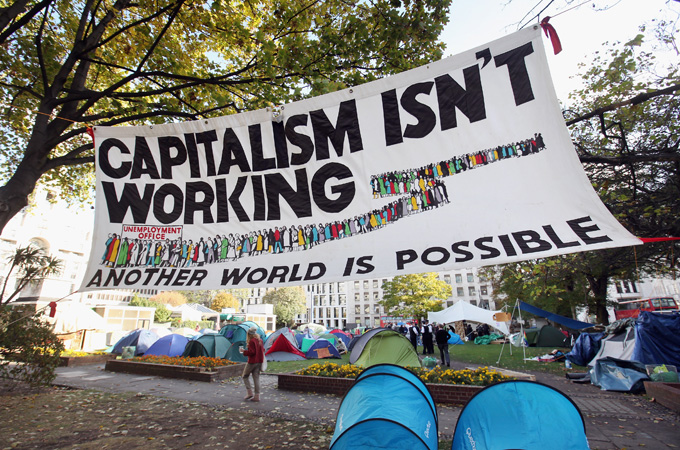Continental European capitalism, which combines generous health and social benefits with reasonable working hours, long vacation periods, early retirement and relatively equal income distributions, would seem to have everything to recommend it - except sustainability. China's Darwinian capitalism, with its fierce
 |
Indeed, it is far from clear how far China's political, economic and financial structures will continue to transform themselves, and whether China will eventually morph into capitalism's new exemplar. In any case, China is still encumbered by the usual social, economic and financial vulnerabilities of a rapidly growing lower-income country.
Perhaps the real point is that, in the broad sweep of history, all current forms of capitalism are ultimately transitional. Modern-day capitalism has had an extraordinary run since the start of the Industrial Revolution two centuries ago, lifting billions of ordinary people out of abject poverty. Marxism and heavy-handed socialism have disastrous records by comparison. But, as industrialisation and technological progress spread to Asia (and now to Africa), someday the struggle for subsistence will no longer be a primary imperative, and contemporary capitalism's numerous flaws may loom larger.
First, even the leading capitalist economies have failed to price public goods such as clean air and water effectively. The failure of efforts to conclude a new global climate-change agreement is symptomatic of the paralysis. More